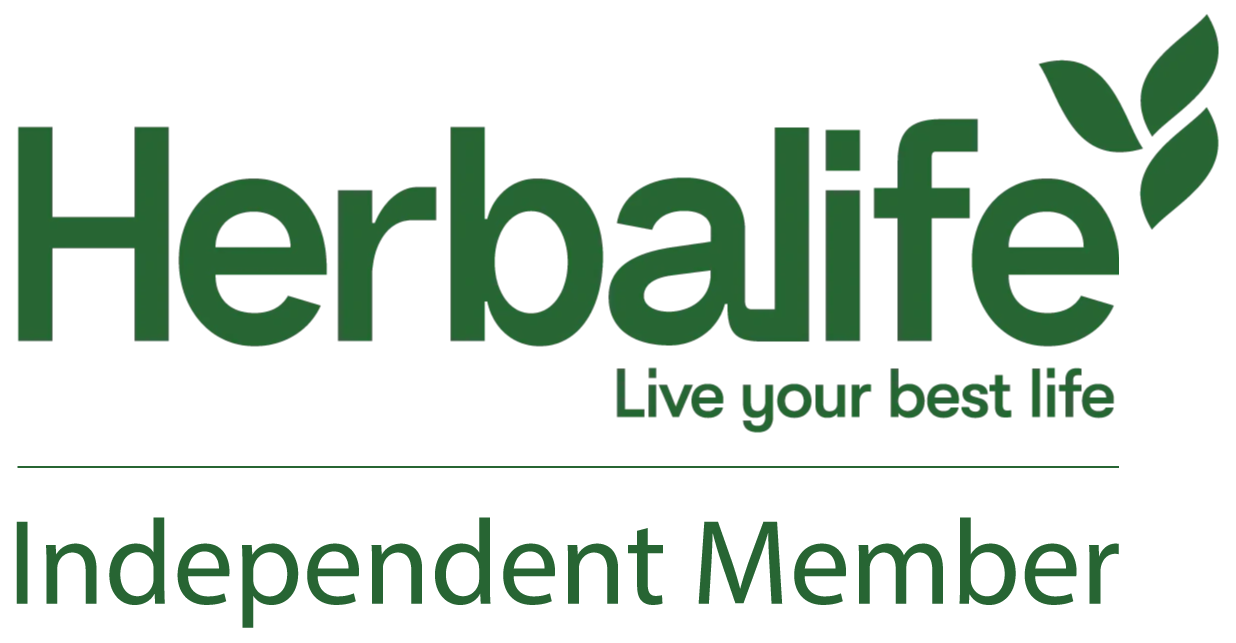How to deal with menopause, diet and weight loss
Are you over 40 and having symptoms that you suspect could be related to menopause? And are you worried about how to manage your symptoms through your diet while also maintaining your weight loss journey?
In today’s blog, we take a closer look at what menopause is, how you can manage your symptoms with your diet and exercise and still stay on course on your weight loss journey if you are needing to lose a couple of pounds.
Understanding menopause
Menopause usually presents between ages 45 and 55, usually confirmed around 12 months after a woman has had her last period. This natural transition comes with a couple of challenges, including a loss in bone density, difficulty sleeping, hot flushes.
Due to a decline in estrogen, women experiencing menopause could face possible weight gain. This can be challenging if you are already battling to lose a couple of pounds! However, by managing your diet and exercising, you can not only alleviate the symptoms of menopause but also continue to manage your weight loss journey positively.
Let’s take a look first at the foods you can still enjoy, and which ones to avoid.
Choosing the right food groups to manage your transition
There are several food groups that are healthy options to help you manage your menopause symptoms. These include the following:
* Dairy products, such as milk and cheese that are rich in calcium, magnesium and vitamins D and K, can assist in bone health, and could even improve your sleep!
* Omega 3 fatty acids, found, for instance, in salmon and hemp seeds, can assist in reducing hot flashes and night sweats.
* Whole grainsthat are packed with fibre and B vitamins can lower the risk of heart disease and are more beneficial than refined grains.
* Fruits and vegetables are rich sources of vitamins and antioxidants and can play a big part in weight loss as well as reducing hot flashes.
Let’s take a look now at foods to avoid in your diet.
Which foods to avoid during your menopause journey
Several foods that should preferably be avoided as part of a menopause-supporting diet are those groups that need to be limited to ensure a healthy weight and weight loss too. These foodstuffs include:
* High-sugar foods and processed carbs that could raise blood sugar.
* Alcoholthat could increase hot flushes.
* Caffeine that could cause you sleeplessness.
* Spicy food which is also a trigger for hot flushes.
* Salty foods which can increase low bone density.
Now that you have a good idea of foods for your menopause-supporting diet, it is important to consider which exercises will assist you during menopause.
How can exercise help to alleviate menopause symptoms and support weight?
As we age, we are often more inclined to be less active, which could lead to weight gain due to consuming more calories than needed or that are burned during exercise. Activities such as resistance training or aerobics are great examples of exercises to consider during menopause, especially as they can assist in retaining muscle and reducing belly fat.
Manage your symptoms and your lifestyle for optimal results during menopause
A healthy diet, exercise and a lifestyle that supports getting enough rest will assist you during menopause and relieve symptoms. Steer the course and you will without a doubt continue to lead a productive, happy life, you don't have to let menopause rule you, take control and start feeling great again.
Supplements to help manage your transition
We know getting in the nutrients from food alone isn't always easy, and even though we sometimes know what we should be eating, it's sometimes easier said than done. If you're someone who may struggle to fit in all the goodness your body needs daily, then you can always opt for a supplement to give your body the added benefits it requires during this period.
Provides protection to assist with bone health whilst maintaining healthy bones.
Herbalifeline® MAX is rich in Omega-3 essential fatty-acids EPA and DHA, which are the 'good' fats which contribute to the normal function of the heart as well as maintenance of normal blood pressure and blood triglyceride levels. Each capsule contains 375 mg of EPA and 250 mg of DHA omega-3 EFAs.
Formula 1 - Vitamin & Mineral Complex
Tailored to the individual health needs of women. Contains Calcium which is needed for the maintenance of normal bone
*Did you enjoy our blog? Be sure to check out our next edition, where we will provide some tips on staying on top of family health through healthy eating habits and staying active!




